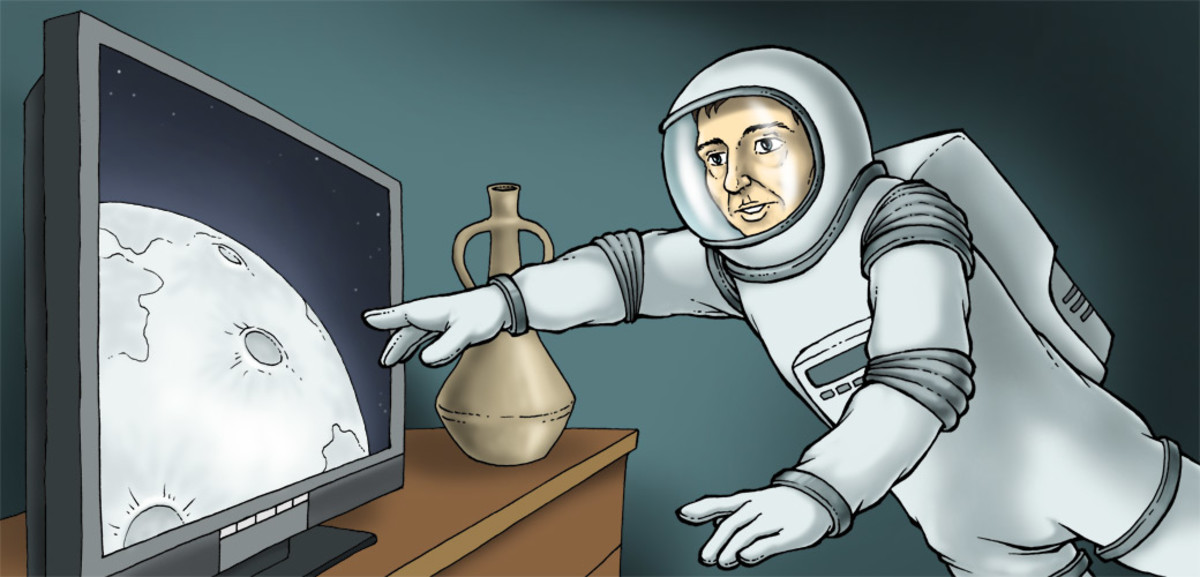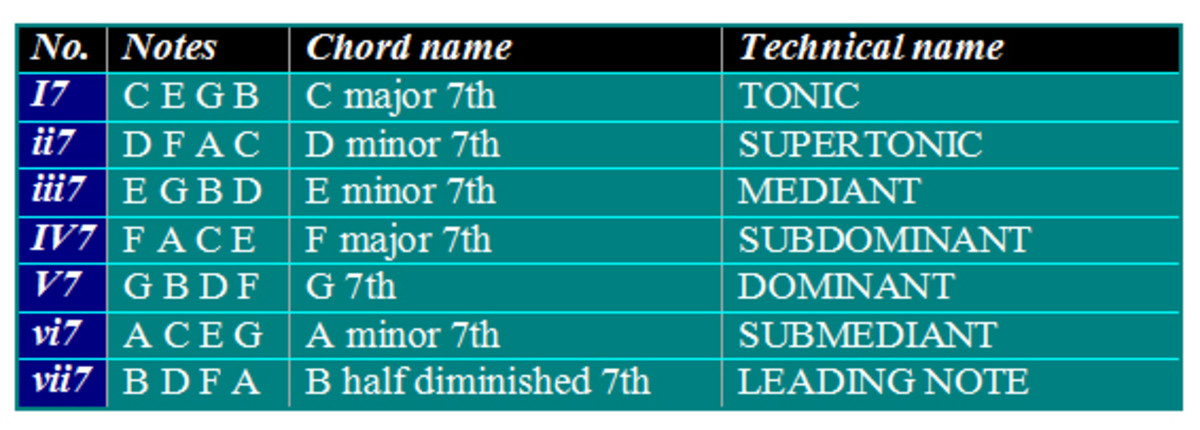How to Know If You Have Perfect (Absolute) Pitch
The Difference Between Perfect Pitch and Relative Pitch
Perfect Pitch is also known as Absolute Pitch. It means that if you ask a person to sing the note A for example, they can produce the pitch with perfect, absolute accuracy without the aid of an instrument. And they can produce any other pitch you may request of them with the same accuracy.
Relative Pitch is knowing where one pitch is, (for example C) and then as a result be able to find any other pitch (such as G flat) based on knowing the distance of the second pitch from C. The difference is that Perfect or Absolute pitch is the ability to produce any pitch name at will, while Relative Pitch is based on generally knowing where one pitch is, and then the ability to find other pitches as a result.
Relative pitch may not include the ability to recall a pitch accurately. It is usually based on having a single pitched played, then being able to find other pitches based on the distance of the first pitch to another. However, there are people who possess Relative Pitch who can recall a pitch (or perhaps some pitches, but not all) and then from there accurately produce other pitches.
Relative Pitch is Generally a Learned Ability
With training, very good Relative Pitch can be learned over time. For some, it may be developed a little easier than it is for others. Usually well developed Relative Pitch can be learned through music lessons and performance opportunities.

Can Perfect Pitch be Learned?
There is some debate as to whether or not learning Perfect or Absolute Pitch is possible. However, most authoritative sources agree that it is generally not a learned ability. It does seem that it can apparently be further refined as music experience and learning intensify. Some people with Perfect Pitch can identify how far sharp or flat any pitch may be, rather than only possessing the ability to identify it.
Recent research in Australia suggests that babies recognize their mother's voices as well as the pitch and timbre. This may mean that many, if not all, could be born with Perfect Pitch, but through disuse, lose it within a few years. This idea is consistent with the how children also learn their native language within the first few years of their lives, and children in multi lingual families seem to be able to switch back and forth between languages without difficulty. However, the ability to learn languages with relative ease seems to be greatly reduced over time.
There is a theory and speculation that Asian children who speak a tonal language, such as Chinese, have a greater propensity to develop Perfect Pitch because of the sensitivity to tone given to words (high, medium or low), which also relates to pitch. As a result, there are studies being conducted to determine if it is true that Perfect Pitch occurs more frequently among these groups than in western groups of children. More information on this subject can be found here.
There are courses which purport teaching Perfect or Absolute Pitch. While these courses can help develop pitch recognition, it does seem doubtful that they can actually teach Perfect Pitch. Beware of such advertisements. Such claims should be accompanied by a money back guarantee. These courses may, however, help to develop and refine other pitch recognition skills associated with Relative Pitch.
Advantages and Disadvantages of Having Perfect Pitch
While there are many items to list on both sides, here are a few of the more important issues in each category—
Advantages:
• help in memorizing music
• help in tuning instruments
• recognize pitches not in tune
• help singers and singing ensembles find a pitch without pitch pipe
Disadvantages:
• difficult when working with out-of-tune instruments or groups.
• ability lies in identifying absolute pitches not in relationships between intervals.
• creates difficulty in transposing music. (Can be overcome by highly developing ability to transpose.)
• difficulty in transposing music while performing. (Again, can be overcome by developing this skill.)
Other advantages and disadvantages also exist and can be found by doing Google searches and reading additional resource material.
Relative Pitch and Perfect Pitch are Both Valuable Musical Abilities
While a small portion of the population possesses Perfect Pitch, and it seems to be highly sought after by many musicians, neither of these abilities should be placed above the other in terms of musical benefit . Both are very beneficial to the world of music, and both are needed. These abilities compliment each other, and thus work harmoniously together. Which ever one you may possess is a benefit for yourself, and the world of music. In simplest terms, one is incomplete without the other.
Additional Resources and Related Articles
Smartwave Software makes a great game aimed at helping people develop their pitch recognition skills. It can be downloaded here.
Other related articles about music and music publishing include: "Learn to Read Music in Ten Minutes," here, "DIY: Publish Your Own Sheet Music," here, "How to Find a Sheet Music Publisher," here, "How to Write Parts for a Transposing Instrument," here, "How to Play Piano with Nine and One Half Fingers," (humor), here, and "A Piano Parable for Christmas," here.
Famous People with Perfect Pitch
Here is complete list of articles and topics by Daniel Carter.
© 2010 Daniel Carter








